A day after OpenAI launched in December 2015, co-founder Sam Altman sat down with Vanity Fair to discuss what he called “a nonprofit company saving the world from a dystopian future.”
Altman talks about his vision for keeping AI safe and widely distributed, as well as his good relationship with co-chairman Elon Musk.
“I really trust him, which is obviously important to everyone involved,” Altman said.
Nearly a decade later, Musk and Altman are locked in a legal battle over OpenAI. Musk has filed a lawsuit against OpenAI in California, accusing Altman and other executives of “violating the founding agreement” by pursuing profit over humanity.
“Altman has completely deviated OpenAI from its original mission,” Musk’s lawsuit states.
The lawsuit escalates a years-long feud between Musk and Altman. It also adds to the number of lawsuits OpenAI faces, with a number of authors and news outlets accusing the startup of violating copyright laws and illegally using original works to train its AI tools.
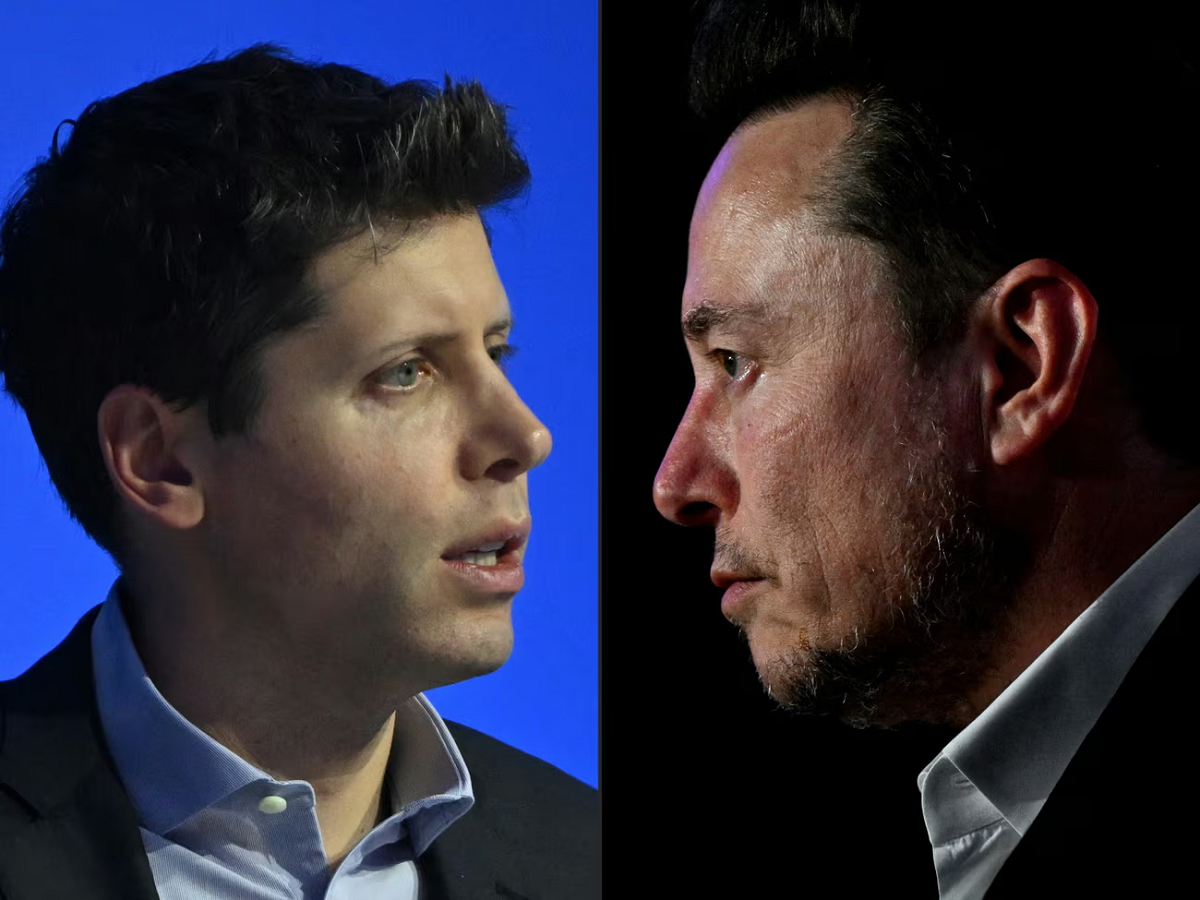
While Musk’s lawsuit is a mess of documents, the core of the lawsuit is that OpenAI broke its original agreement to share its technology with the public and help humanity after the company received billions of dollars in investment from Microsoft and transformed itself into a primarily for-profit venture. Musk also accuses OpenAI of having a hand in artificial general intelligence (AGI), where AI is as smart as humans. This is “perhaps the greatest existential threat we face today,” the lawsuit reads.
OpenAI responded to Musk’s claims in a lengthy blog post on its website. Altman and other directors accused Musk of supporting the company’s for-profit status before leaving the board in 2018 and attempting to merge OpenAI with Tesla, making him CEO of both.
“We are saddened that this would happen to someone we greatly admire — someone who inspired us to aim higher, only to tell us we would fail, launch a competitor, and then file a lawsuit when we began to make meaningful progress toward OpenAI’s mission without him,” the post read.
OpenAI included several emails with Musk in the post, including one in which the company's chief scientist , Ilya Sutskever, stated that it was “perfectly fine not to share the science” behind their AI because open-source technology could fall into unethical hands. Musk responded in an email, “That's correct.”
Musk mocked OpenAI and Altman on X in the days that followed. The 52-year-old billionaire posted a meme renaming OpenAI to "ClosedAI," as well as sharing a doctored photo of Altman holding a company badge with the word "ClosedAI" written on it.
The Origin of Musk and Altman's Feud
Before their relationship soured, Musk was a mentor to Altman. The two met in the early 2010s when Altman was becoming increasingly powerful in Silicon Valley through YCombinator and Musk was already a tech mogul. A partner at YCombinator gave Altman a tour of Musk’s rocket company, SpaceX, which Altman has repeatedly described as an inspirational moment.
“Musk went into great detail about manufacturing every part of the rocket, but what sticks in my memory is the look of absolute certainty on his face when he talked about sending a big rocket to Mars,” Altman wrote in a 2019 blog post . “I thought, ‘So that’s the benchmark for trust.’”
Altman and Musk began emailing each other around 2014 about AI and its dangers, eventually deciding that if technology that could destroy humanity was inevitable, they should be the ones to lead it. Musk's lawsuit alleges that Altman emailed him in May 2015, proposing creating an "AI lab" to compete with DeepMind (recently acquired by Google).
Musk and Altman recruited AI scientist Ilya Sutskever and former Stripe CTO Greg Brockman to join their fledgling company as co-founders. According to emails published on the OpenAI website, Musk wanted the team to announce the company would launch with a $1 billion funding commitment, much higher than the $100 million Altman had intended, and said he would cover the rest. OpenAI ultimately raised $45 million from Musk.
What started as a promising business relationship quickly turned into an internal power struggle, with Musk growing impatient with the lack of progress and suggesting the company become part of Tesla. He also hired a prominent AI researcher from OpenAI to work for his car company and compared OpenAI’s products unfavorably to Google’s.
Musk left OpenAI's board in 2018, with OpenAI saying his departure would eliminate a conflict of interest with Tesla.
In the years that followed, Musk and Altman occasionally praised each other’s work. But since OpenAI released ChatGPT and has been growing rapidly over the past year and a half, the two have become more openly critical of each other. Altman described Musk as a “jerk” he didn’t want to emulate when he appeared on journalist Kara Swisher’s tech podcast in March 2023.
Meanwhile, Musk has repeatedly criticized OpenAI’s ChatGPT chatbot as “empty” and launched a rival chatbot, “Grok.” He also said that Altman is making harmful advances in AI and that OpenAI needs executives to “stand up to Sam.”
“I have complicated feelings about Sam,” Musk said during an appearance at a New York Times event in November 2023.
(According to The Guardian)
Source


![[Photo] Solemn opening of the 12th Military Party Congress for the 2025-2030 term](https://vphoto.vietnam.vn/thumb/1200x675/vietnam/resource/IMAGE/2025/9/30/2cd383b3130d41a1a4b5ace0d5eb989d)
![[Photo] The 1st Congress of Phu Tho Provincial Party Committee, term 2025-2030](https://vphoto.vietnam.vn/thumb/1200x675/vietnam/resource/IMAGE/2025/9/30/1507da06216649bba8a1ce6251816820)
![[Photo] President Luong Cuong receives President of the Cuban National Assembly Esteban Lazo Hernandez](https://vphoto.vietnam.vn/thumb/1200x675/vietnam/resource/IMAGE/2025/9/30/4d38932911c24f6ea1936252bd5427fa)

![[Photo] Panorama of the cable-stayed bridge, the final bottleneck of the Ben Luc-Long Thanh expressway](https://vphoto.vietnam.vn/thumb/1200x675/vietnam/resource/IMAGE/2025/9/30/391fdf21025541d6b2f092e49a17243f)
![[Photo] General Secretary To Lam, Secretary of the Central Military Commission attends the 12th Party Congress of the Army](https://vphoto.vietnam.vn/thumb/1200x675/vietnam/resource/IMAGE/2025/9/30/9b63aaa37ddb472ead84e3870a8ae825)
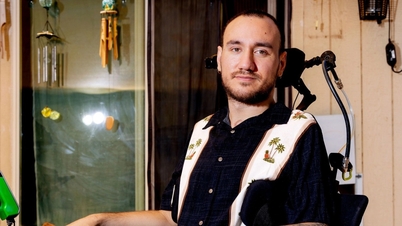

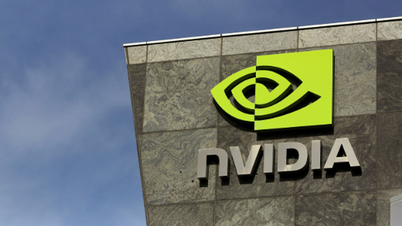

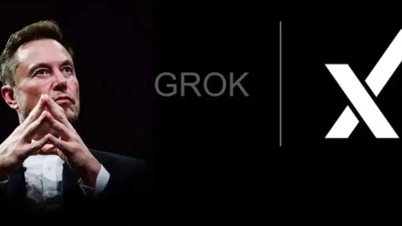
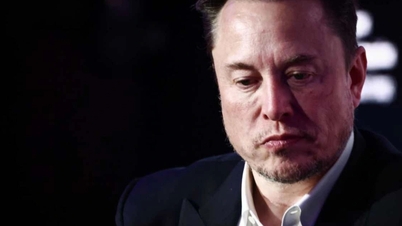




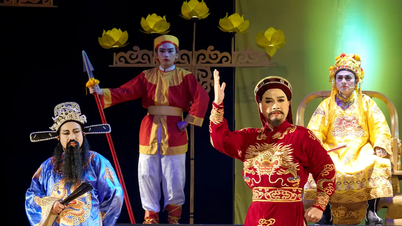

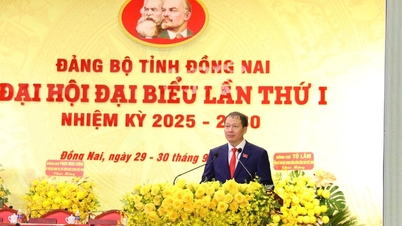










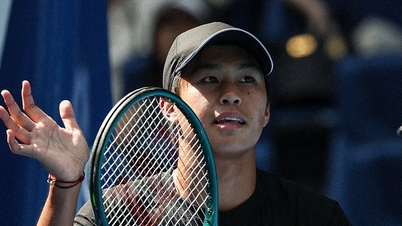


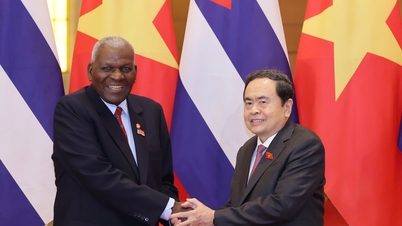


































































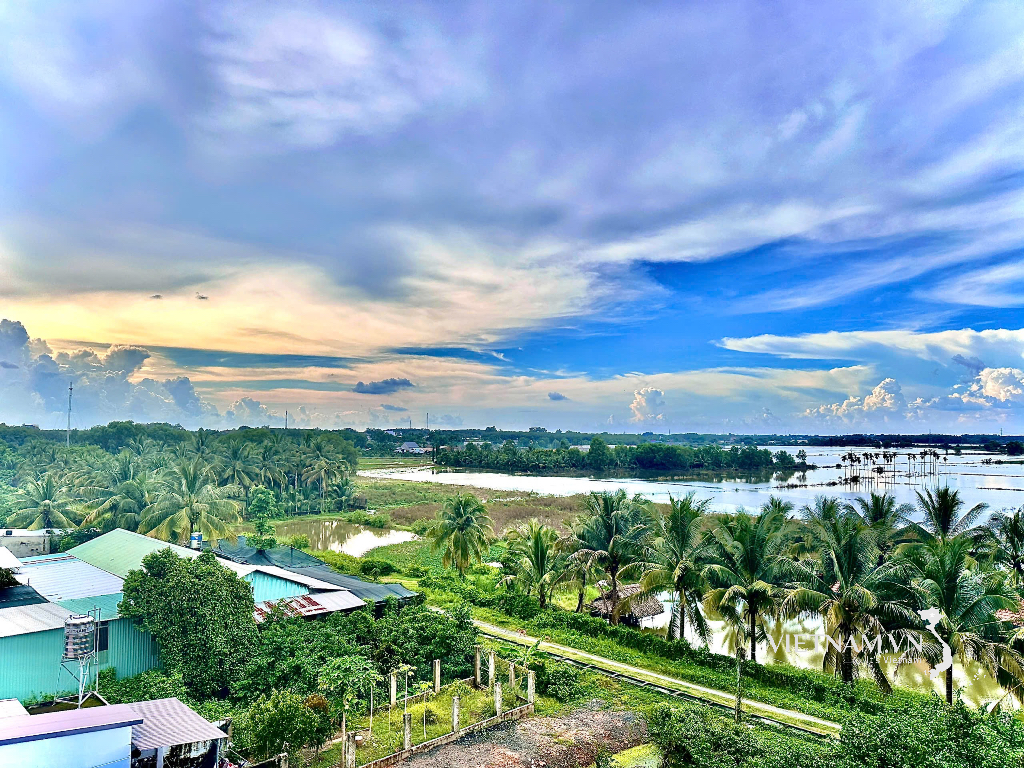


Comment (0)